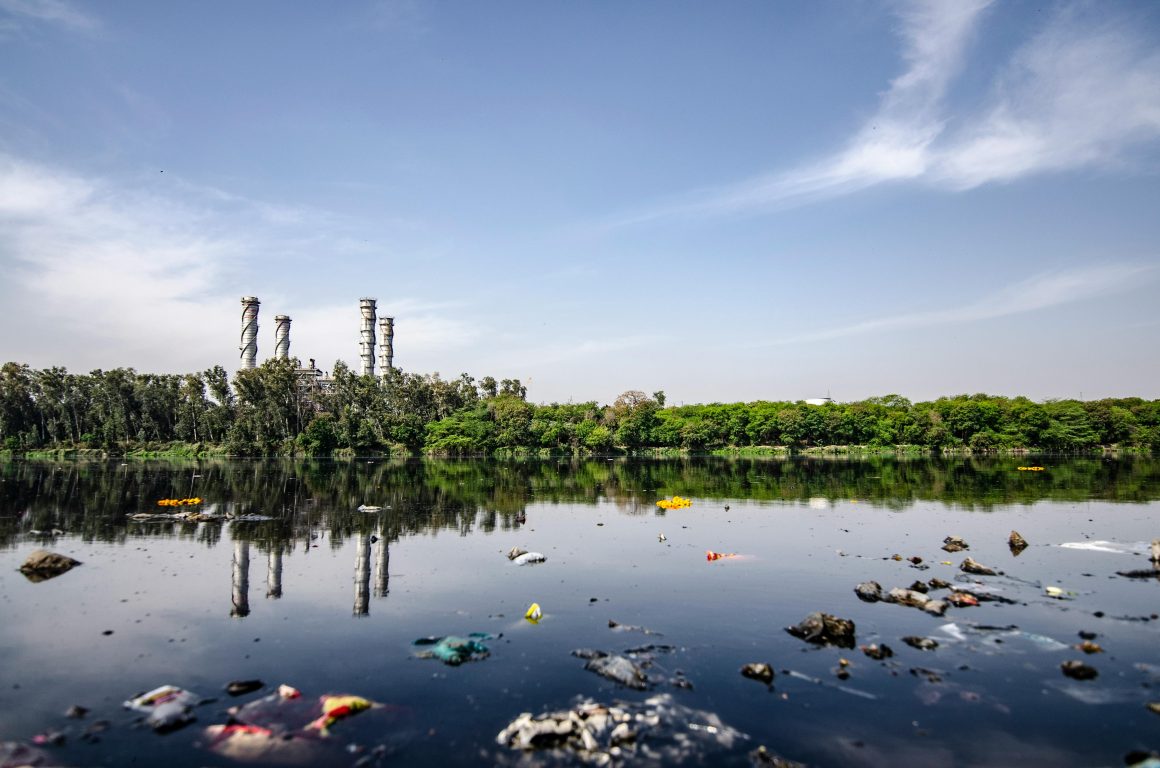
Drowning in eco-grief: The reckless path of Danielle Smith’s leadership
By Josie Simon, December 2 2024—
Alberta, the time for a wake-up call is now. Our leaders proudly highlight the province as an energy powerhouse, yet beneath the surface, the growing threat of climate change is rapidly altering our landscapes and endangering our very existence. While we remain fixated on fossil-fuel ambitions, a quietly overlooked crisis—eco-grief—is simmering, warning us of a potential ecological disaster.
Understanding eco-grief in Alberta
Eco-grief is a deep emotional reaction many people feel due to climate change. It includes distress and anxiety from seeing environmental harm and disasters like wildfires, floods and extreme weather. This grief can cause feelings of helplessness, anger, or sorrow when familiar landscapes and ecosystems are lost.
Dr. Renée Lertzman spoke at the Climate Conversations Speaker Series about the importance of recognizing eco-grief. She believes it’s crucial to understand these emotions to avoid isolation and use them as a force for change.
With her research and experience in sustainability, Dr. Lertzman noted that in Alberta, where resource extraction is a major economic focus, eco-grief often goes unrecognized. She stressed the need for community spaces where these feelings can be shared and validated. This approach is key for healing and fostering a collective dedication to environmental stewardship.
Facing the reality of Alberta’s energy policies
Rather than embracing the necessary changes, Premier Danielle Smith seems hell-bent on dragging us deeper into an environmental abyss. Smith’s commitment at the recent UCP general meeting to ramp up fossil fuel investments isn’t just another economic misstep—it’s a slap in the face to everyone experiencing eco-grief and a blatant disregard for ethical responsibility.
The passage of the Sovereignty Act to counter federal emissions regulations exemplifies Alberta’s continued delusion—doubling down on damaging tendencies and leading us further into environmental irresponsibility. Such political antics not only fuel eco-grief but cast us as climate adversaries on the global stage.
Smith’s actions make it clear that she’s opting for a legacy of climate denial fueled by money and greed. She appears indifferent to the fact that people are struggling to breathe through the smoke of forest fires or that our children might never experience the landscapes we cherish today. Rather than leading with vision, she’s all too willing to sacrifice our well-being for short-term profit.
Let’s not mince words: since 1950, Alberta’s winters have been warming by +0.5 to +1°C every decade, and our summers are hotter than ever with more scorchers above 25°C and 30°C. By the century’s end, brace for an alarming 2°C to 4-6°C rise. These figures aren’t just statistics—they’re alarms signaling doom for our agriculture, infrastructure and the very health of our community.
Finding our way forward
As Albertans, we must challenge the narrative of unchecked political power fueling environmental destruction. With hotter summers and unprecedented ecological threats, eco-grief can serve as a moral compass to guide us toward effective climate solutions. Community groups and eco-grief workshops can bypass political discourse, becoming transformative hubs that empower individuals to unite and demand climate justice.
Complacency is no longer an option. Acknowledging and addressing emotional responses to climate dysfunction requires re-examining our identity and reinforcing resilience. Alberta can lead in eco-awareness, empowering those affected by ecological distress to champion a sustainable future. Beyond survival, we must break the cycle of denial that masquerades as economic prosperity.
Choosing the future
We stand at a critical juncture. Alberta has the power to choose a future where confronting eco-grief is seen as a bold acknowledgment of our interconnectedness with the planet. Ignoring eco-grief risks jeopardizing planetary health and cementing a legacy of environmental betrayal. By embracing eco-grief, we can forge a path to sustainability and redefine prosperity for future generations.
This article is a part of our Opinions section and does not necessarily reflect the views of the Gauntlet editorial board.
